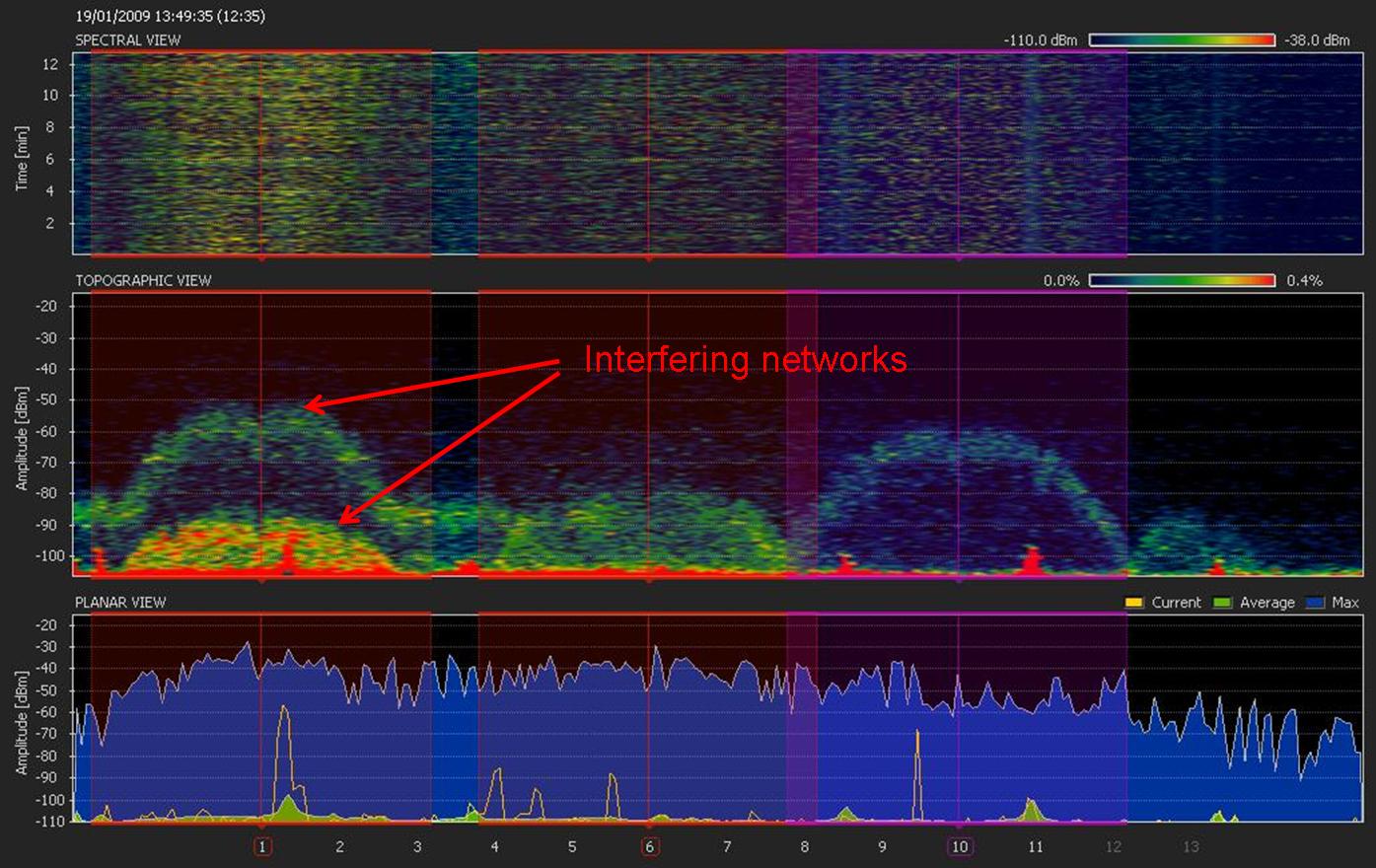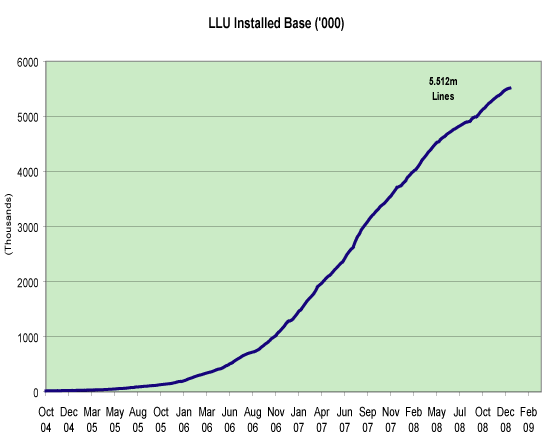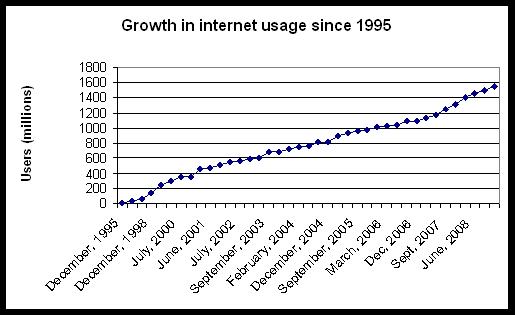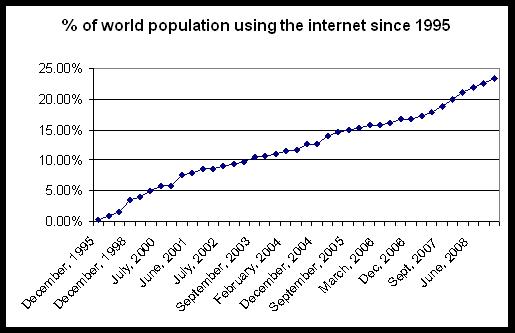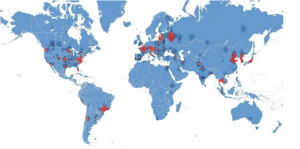It looks like nothing was found at this location. Maybe try a search or one of the links below?
Trefor.net started being subjected to spam attacks a while ago. Any domain that has been in use for a while gets it as spammers’ systems learn of its existence. The interesting thing is that these attacks come in waves. I can sit in the Network Operations Centre and watch email traffic surge due to an attack.
The occurrence of these waves often coincides with spam on trefor.net which appears as comments in posts. Fortunately I have to moderate comments so they aren’t seen by readers. I never get spam email because our systems catch pretty much all of it.


